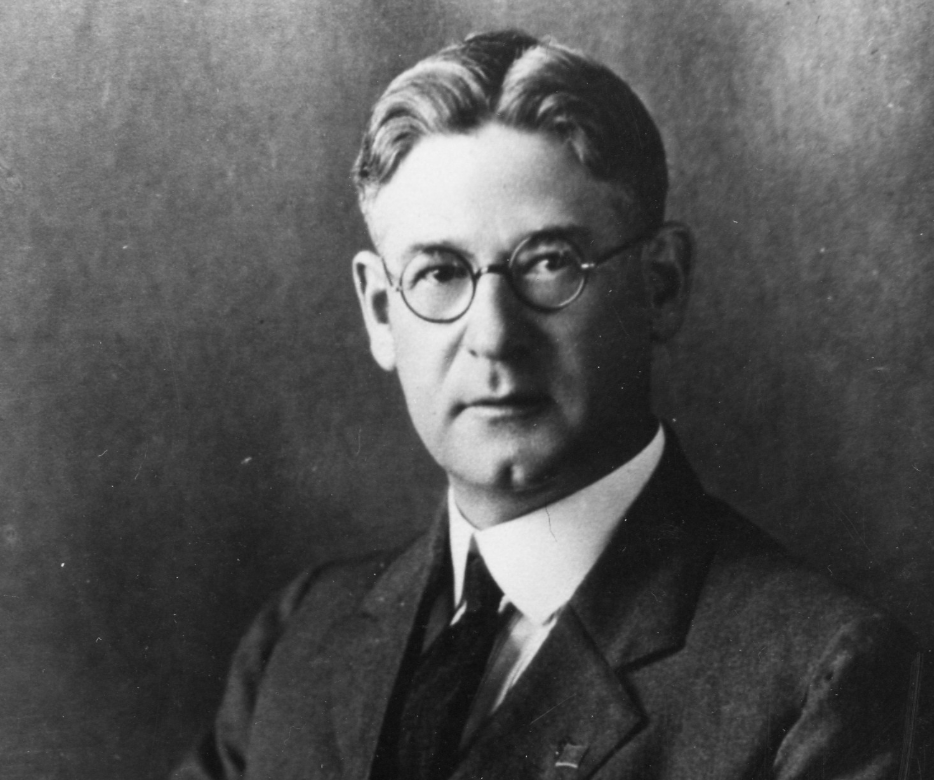
Clemson University Archives
President Walter Riggs, Clemson University's fifth president and the father of Clemson football.
Riggs Hall, home to electrical & computer engineering classes at Clemson University, is one of the most visually pleasing on campus.
The building was designed by Rudolph E. Lee, who was both an architect and professor at Clemson. Although Riggs Hall was not Lee’s only architectural endeavor on campus, the building’s thoughtful design and intricate details make it a favorite for many.
Besides Riggs’ wonderful architecture, the building serves as a reminder of one of Clemson’s most influential people.
Walter Meritt Riggs was born in South Carolina in 1873. Riggs was heavily involved in athletics while studying at Auburn University, which would prove useful later during his years at Clemson. Riggs began working for the University in 1896 as an assistant professor of mechanical and electrical engineering.
Shortly after, Riggs also became a professor and then the dean of the engineering college. He was also known for his love of football and advocacy for athletics. In fact, Riggs was influential in getting Clemson’s new football program up and running and became the program’s first head coach. He had a successful football career until 1900, when he helped select John Heisman as his replacement.
Riggs’ influence on the University surpassed just football, as he joined the ranks of University presidents in 1911. During his tenure, Riggs improved many aspects of the University. His passion for sports remained evident: basketball, tennis, swimming and track and field were all fielded for the first time under his leadership.
In addition to changing Clemson Athletics forever, Riggs would also lead the University through World War I, as many students and faculty joined the war effort. Riggs’s leadership surpassed simply running the college; his vision extended to strengthening Clemson’s academic and athletic programs, cultivating partnerships with other schools and advocating for expanded access to education throughout his 28 years at Clemson.
Unfortunately, Riggs died while still in office, but he is remembered for his unwavering loyalty to Clemson and for leaving a lasting impact on nearly every aspect of the University.